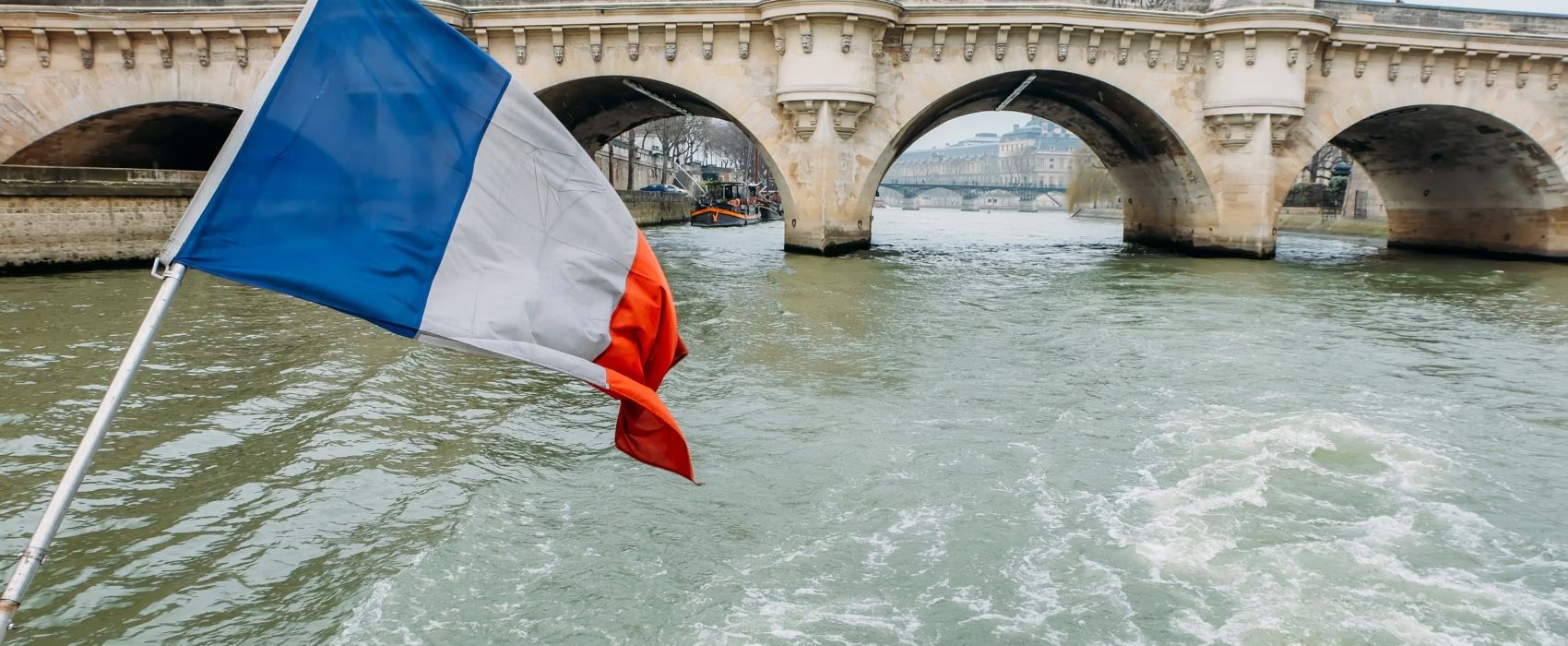How French Became Known as the Language of Diplomacy
French, often described as the “language of love,” also holds another distinguished title — the language of diplomacy. For centuries, French dominated the corridors of international power, negotiations, and treaties. But how did this elegant and poetic language rise to such global prominence in diplomacy? Let’s dive into the historical, cultural, and political reasons that made French the diplomatic gold standard.

1. Historical Roots: The Rise of France in European Politics
From the 17th to the 19th century, France emerged as a dominant power in Europe. Under the rule of Louis XIV, France enjoyed a golden age where its influence extended far beyond its borders. This expansion wasn’t just military or economic — it was cultural too. French etiquette, art, and language became the blueprint for high society across European courts.
2. The Treaty of Westphalia and the Formal Entry of French in Diplomacy
The pivotal Treaty of Westphalia in 1648, which ended the Thirty Years’ War, marked one of the first major treaties written in French instead of Latin. This signaled a major shift: French began replacing Latin as the lingua franca for diplomacy, not just in Europe, but globally.
3. Cultural Prestige and the Enlightenment Era
During the 18th century, the Enlightenment brought French thinkers like Voltaire, Rousseau, and Montesquieu to international fame. French became the vehicle of intellectual discourse. In elite circles across Russia, Germany, and Italy, fluency in French was a sign of refinement. Naturally, diplomats who mingled in these circles needed to communicate in French.
4. Standardization of the French Language: Clarity and Precision
Unlike other European languages, French was meticulously standardized by the Académie Française, founded in 1635. This made French a precise and stable language — ideal for diplomatic documents that required absolute clarity and minimal ambiguity.
5. France’s Influence on International Organizations
Fast forward to the 20th century, and we see French shaping many modern institutions. The League of Nations, formed after World War I, adopted French (alongside English) as an official language. The United Nations continues this legacy, recognizing French as one of its six official languages.
6. Strategic Use by French Diplomats
French diplomats were renowned for their skill, finesse, and persuasive communication. The clever and subtle use of language allowed them to influence negotiations in their favor. This strengthened the association between French and successful diplomacy.
7. Enduring Legacy in Global Diplomacy
While English has overtaken French in many domains due to globalization, French still holds an influential role. It’s an official language in the International Red Cross, the European Union, and the International Olympic Committee. The tradition persists because of deep-rooted practices, especially in African and Francophone countries.
French in Modern Diplomatic and Business Communication
Even today, French remains a key language for international affairs, especially in Africa, Europe, and parts of Canada. For businesses and professionals dealing with French-speaking countries or international agencies, fluency in French — or access to expert translation — is crucial.
📌 If you’re looking for high-quality French translation services for official, business, or diplomatic use, Premium Lingua offers specialized solutions tailored to your needs.
FAQs: Why Is French Known as the Language of Diplomacy?
1. Why was French used instead of Latin in diplomatic documents?
French gradually replaced Latin because it was more precise, widely spoken among elites, and culturally influential during France’s political dominance.
2. Is French still used in diplomacy today?
Yes, French remains an official language in major international organizations like the UN, EU, and the Red Cross.
3. What made French more suitable than English in early diplomacy?
Its clarity, structure, and prestige — along with France’s influence — made it the preferred choice for centuries.
4. Which international treaties were written in French?
Notably, the Treaty of Westphalia (1648) and the Treaty of Versailles (1919) were both drafted in French.
5. How does French impact modern international business?
French is crucial in legal, diplomatic, and business sectors, especially when working with Francophone countries or international institutions.
6. Where can I get professional French translations for official use?
You can visit Premium Lingua’s French Translation Services for certified and culturally nuanced translations.
Conclusion
The story of how French became known as the language of diplomacy is as elegant as the language itself. Rooted in political dominance, cultural prestige, and linguistic clarity, French carved out a niche in global affairs that still resonates today. Whether you’re studying international relations or managing a global business, understanding the diplomatic legacy of French can give you a powerful advantage.




